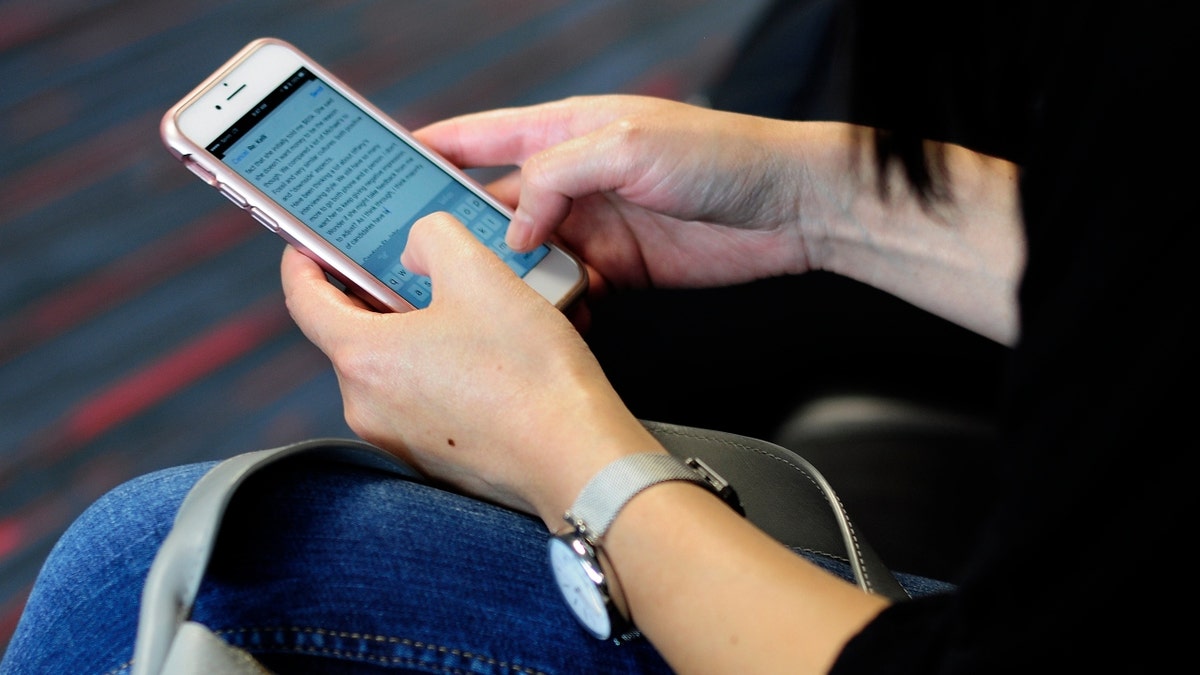Constantly connected? Always charging? If so, you might be overlooking some crucial privacy safeguards. The National Security Agency (NSA), experts in communication interception, recommends these five smartphone security practices that everyone should adopt.
1. Weekly Reboot: Restarting your phone is a simple yet powerful defense against "zero-click" exploits, where hackers gain access by simply sending a malicious code. While a restart won't eliminate all malware, it's a crucial first step. A factory reset is necessary for more entrenched infections.
2. Bluetooth Management: Bluetooth, while convenient, presents a security vulnerability. Since it operates at close range, hackers in public spaces could potentially exploit it. The NSA advises disabling Bluetooth when not in use, which also conserves battery life. Toggle Bluetooth off in your phone's settings or control center.

3. Public USB Port Peril: Avoid using public USB charging stations. While "juice jacking" is rare, the risk of malware or data theft remains. Opt for AC power outlets or use a charge-only cable that prevents data transfer.

4. Public Wi-Fi Prudence: Public Wi-Fi networks are notoriously insecure. Verify the legitimacy of the network with staff before connecting. Avoid accessing sensitive information, and if necessary, use a VPN for added protection.
5. Shield Your Camera and Microphone: The NSA recommends physically covering your camera and microphone when not in use to prevent unauthorized access. Specialized cases or inexpensive mic blockers can achieve this. Monitor for the orange (microphone) and green (camera) indicator dots that signal recent activity.

By implementing these simple yet effective strategies, you can significantly enhance your smartphone security and protect your privacy.
Comments(0)
Top Comments